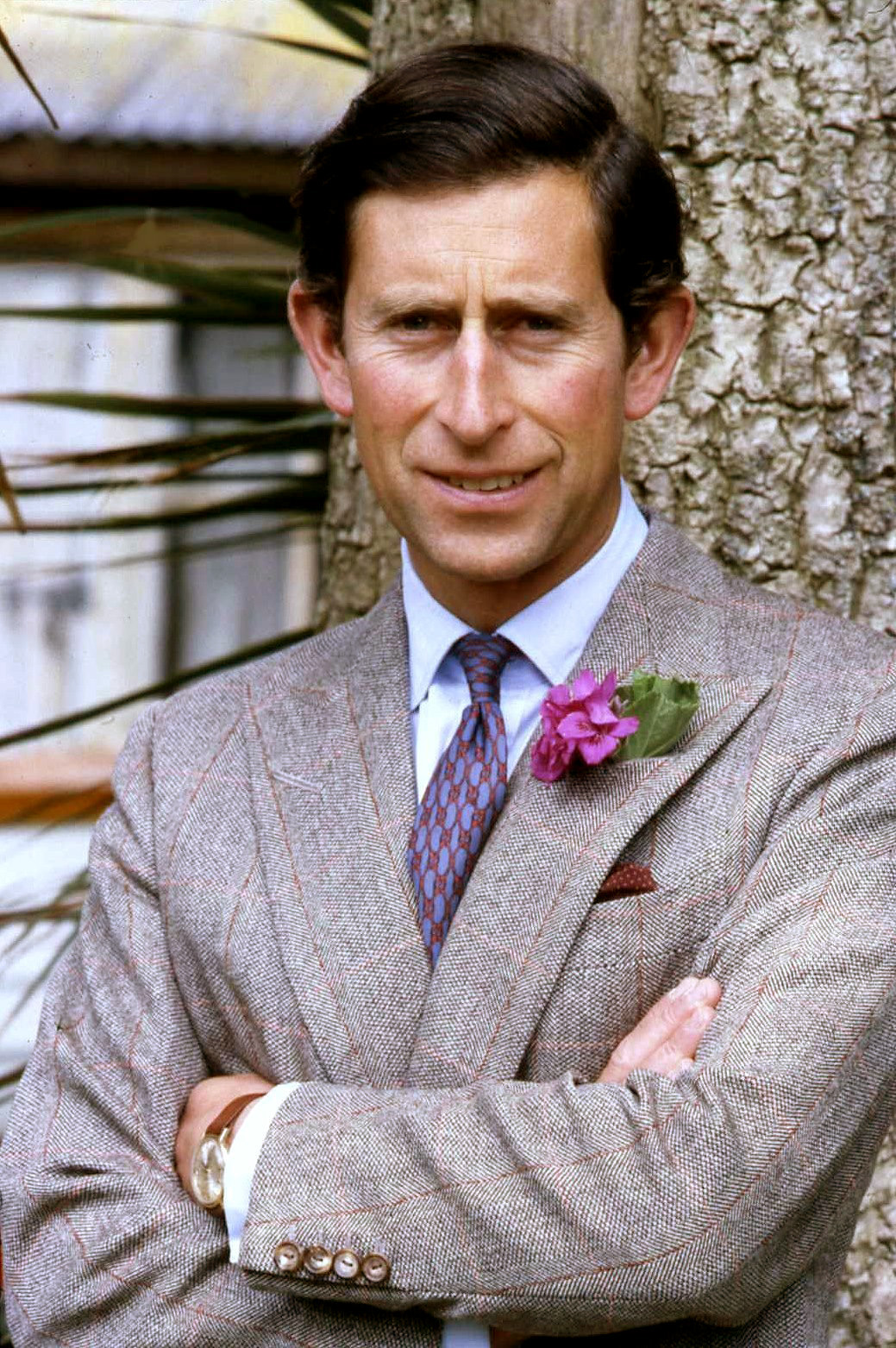The title "Prince of Wales" carries significant historical and cultural weight, representing both a lineage and a commitment to the United Kingdom. As the eldest son of the reigning monarch, the Prince of Wales has a unique role that intertwines tradition with modern responsibilities. In this article, we will explore the life and legacy of the current Prince of Wales, along with the responsibilities that accompany this prestigious title.
In the following sections, we will delve into the history of the title, notable figures who have held it, and the current Prince of Wales’s contributions to society. Our aim is to provide a well-rounded understanding of what it means to be the Prince of Wales today, and how this role continues to evolve in our modern world.
Join us as we embark on this fascinating journey through the life of the Prince of Wales, exploring his personal background, public duties, and the impact he has made both nationally and internationally.
Table of Contents
- History of the Prince of Wales Title
- Biography of the Current Prince of Wales
- Responsibilities of the Prince of Wales
- Charitable Work and Initiatives
- Cultural Impact of the Prince of Wales
- Role in International Relations
- Current Events and Public Engagements
- The Future of the Prince of Wales Title
History of the Prince of Wales Title
The title "Prince of Wales" has a rich history dating back to the 13th century. It was first used by Edward I after he conquered Wales in 1282. The title has since been traditionally bestowed upon the eldest son of the reigning monarch and is an integral part of British royal heritage.
Over the centuries, the role has evolved, reflecting the changing political landscape of the UK. The Prince of Wales has often served as a bridge between the monarchy and the people, embodying both the historical significance and contemporary relevance of the royal family.
Biography of the Current Prince of Wales
The current Prince of Wales is Charles, Prince of Wales, born on November 14, 1948. He is the eldest son of Queen Elizabeth II and Prince Philip, Duke of Edinburgh. As a prominent figure in the British royal family, his life has been marked by public service and a commitment to various causes.
Personal Data and Biodata
| Date of Birth | November 14, 1948 |
|---|---|
| Parents | Queen Elizabeth II and Prince Philip, Duke of Edinburgh |
| Spouse | Camilla, Duchess of Cornwall |
| Children | Prince William and Prince Harry |
| Education | Trinity College, Cambridge |
Responsibilities of the Prince of Wales
The responsibilities of the Prince of Wales are multifaceted, encompassing ceremonial duties, public engagements, and advocacy for various causes. As a senior member of the royal family, he represents the monarchy at official events and ceremonies.
- Attending state functions and ceremonies
- Engaging with local communities
- Promoting British culture and heritage
- Supporting charitable organizations and foundations
Charitable Work and Initiatives
The Prince of Wales is well-known for his charitable work, having founded The Prince's Trust in 1976, which supports young people in achieving their potential through various programs. His commitment to philanthropy extends to environmental issues, arts and culture, and social welfare.
Cultural Impact of the Prince of Wales
As a cultural ambassador, the Prince of Wales plays a significant role in promoting British arts and culture. His interests in architecture and sustainable development have influenced public discourse on these important issues.
Role in International Relations
The Prince of Wales often represents the UK on the international stage, participating in diplomatic missions and fostering relationships with foreign leaders. His efforts in promoting peace and understanding among nations have earned him respect worldwide.
Current Events and Public Engagements
In recent years, the Prince of Wales has been actively involved in various public engagements, advocating for issues such as climate change and social equality. His presence at national and international events underscores his commitment to addressing pressing global challenges.
The Future of the Prince of Wales Title
As the world continues to change, so too does the role of the Prince of Wales. With evolving societal expectations and global challenges, the future of this title will likely see a shift towards increased advocacy and engagement with contemporary issues.
Conclusion
In summary, the Prince of Wales holds a title steeped in history and responsibility. From his charitable initiatives to his role in international relations, the current Prince of Wales embodies the values and traditions of the British monarchy while adapting to modern societal needs. We encourage readers to share their thoughts on the Prince of Wales and his contributions in the comments below.
Closing Remarks
Thank you for exploring the life and legacy of the Prince of Wales with us. We hope you found this article informative and engaging. Be sure to visit our site for more articles on royal history and contemporary issues.


